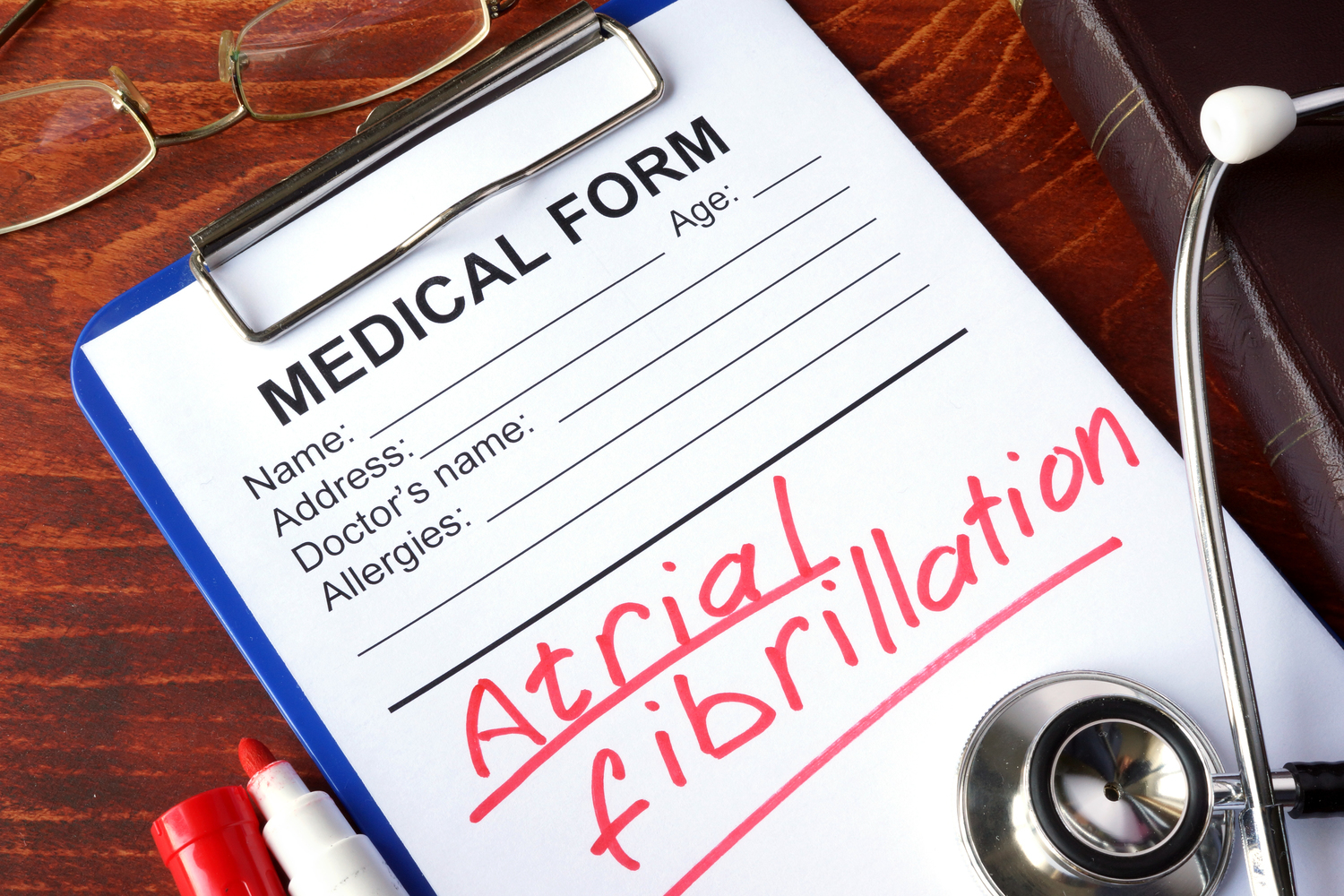
7 Causes of AFib to Know
Atrial fibrillation (or AFib) is an arrhythmia that arises when the heart’s upper chambers fail to contract in tandem. The left and right atria often contract unevenly, causing rapid-onset episodes. A “fluttering feeling” in your chest and shortness of breath are some signs of AFib. The symptoms may increase or decrease over time as your body’s natural rhythm fluctuates. Here are seven known causes of AFib:
1. Heart attack
A heart attack can be the beginning of AFib. After its occurrence, scar tissue forms in the heart muscle. Sometimes this scar tissue can lead to the formation of an electrical circuit that mimics normal atrial impulses and sets up a fluttering in the upper chambers of your heart.
2. Uncontrolled high blood pressure
High blood pressure (HBP) is a prevalent cause of AFib. It occurs when the pressure in the artery that carries blood to the heart rises. It makes it harder for the heart muscle to beat steadily and rhythmically. High blood pressure is usually caused by excess salt in your diet, too much fat, aging, smoking, stress and genetics.
3. Sleep apnea
Sleep apnea is a condition that stops your airways from opening and closing correctly during slumber. When you have this condition, you can only take short breaks from breathing throughout the night. It can cause AFib if it happens often or lasts for long periods. It is usually caused by being overweight and having a large neck circumference. But it may also be caused by alcohol or drug use, smoking, neurological disorders or heart disease.
4. Thyroid disease
Hyperthyroidism, or an overactive thyroid gland, can cause AFib because it speeds up your heart rate, putting the heart in stress. A variety of conditions can cause hyperthyroidism, including a tumor in the thyroid gland or overeating iodine. On the other hand, hypothyroidism, or an underactive thyroid gland, is also linked to AFib. This condition slows your heart rate, making it beat irregularly and eventually stop altogether.
5. Viral infections
Viral infections are another common cause of AFib. It can happen if the virus weakens your heart and causes fluid to build up around it. Infections like pneumonia, hepatitis and HIV can weaken your heart, resulting in AFib.
6. Certain lung diseases
Lung diseases like asthma often cause AFib. It is because lung disease can restrict airflow through the heart. It can cause turbulence in the heart and make it beat irregularly. It also causes fluid to build up around the lungs and heart, leading to AFib.
7. Congenital heart defects
Congenital heart defects or heart valve issues are the leading cause of AFib. It occurs when a congenital disability in the heart and beats carry on, despite how hard you try to stop them. In some cases, it develops in infancy or childhood. However, it’s also possible to have AFib if you were born with a congenital heart defect.


